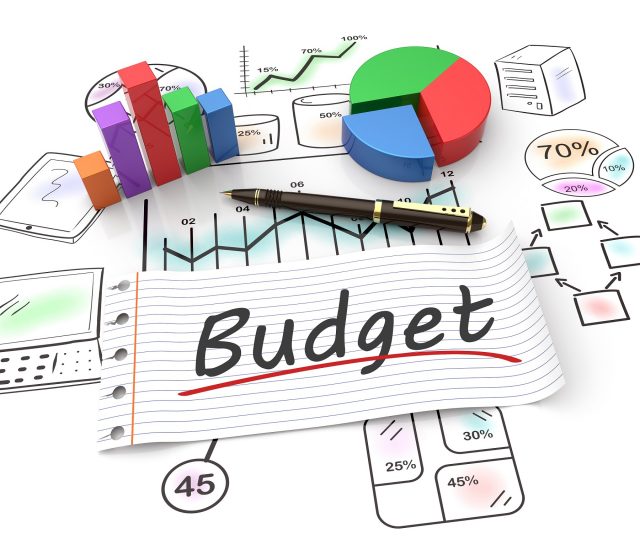20 Budgeting Hacks to Help You Save More in The New Year
Mindfulness about spending is the secret behind the success of smart savers. If you have special goals such as buying a new home or a car or renovating your house, it’s time to avoid the temptation to spend. Instead, grow your savings in the New Year to achieve your financial goals.
New Year Budgeting Hacks
Try these clever budgeting hacks that will help you live within your means and stick to your budget:
- Start with your own account book. Keep an account of your expenditures at the end of each day. Once every week, group these expenditures and get an overview of where you are spending more or even less.
- Save 10-15% of your income compulsorily every month even before you start spending it.
- Being money-wise would amass savings at the end of the year. Don’t splurge unnecessarily. Save the excess.
- Try eating out less. Home-cooked food will not only save you a lot but will keep you healthy and prevent food wastage too.
- Never go out shopping on a hungry stomach. Even if you plan to eat out, eat something healthy and small like a fruit before stepping out.
- Make a template for your grocery list that will give you an itemized overview of your household needs and try to stick to it every month. Add what you need for that month and avoid what is left over from the previous month or what you don’t need. A well-planned grocery list can really help you save!
- Sleep on your purchases. Give yourself time to consider whether you really need it and talk yourself out of it if it doesn’t seem necessary. Or put it down in your list of things to buy later.
- Look at inexpensive options for purchases. Instead of buying a branded product, research and find out if you can get something similar for a lesser amount. Try a mix- and-match approach with your outfits to give the impression of different ensembles.
- It’s a good idea to go for shopping with a pre-planned amount of cash and return when the cash is finished. If using a credit card, make sure you repay regularly at the beginning of the next month or as early as you can. Keep track of your credit card purchases and put them into your cheque book as soon as the transaction happens. The cheque book will reflect the money you actually have and help you make timely credit card payments.
- Practice using every product you purchase to the fullest and don’t waste anything. Ensure you don’t have to throw uneaten foods or groceries you haven’t used in a long time.
- Buy only those medicines you need or may be of use for first aid and replenish only when they get over.
- Ensure there is no power wastage by switching of lights, fans, gadgets and appliances not in use. Don’t leave taps running and check water leaks.
- Embrace free means of physical activities instead of expenses on fitness centers and personal trainers.
- It is a good practice to do extensive research on price, quality and durability before making purchases, especially of expensive gadgets. Find the best price and discounts. In instances, consider if you really need a new gadget or if a good second-hand one would do, such as in the case of furniture.
- Regular maintenance helps you amass good savings. Don’t throw away gadgets if they work. Repair, maintain and use. You don’t need the latest model of laptop or software in the market if your present one is sufficient to take care of all your needs.
- Borrow books from a library instead of buying, or go for free or cheap downloads on your Kindle.
- Buying clothes and gadgets during festive seasons when you can get discounts, and saving them for special occasions, is a practice several smart savers do. Buy gifts or products for yourself, family and friends during sales and discounts and save them for special occasions. Use discount coupons generously.
- Review your budget and expenditure accounts regularly to assess your financial situation and to plan astutely on what you need to spend and what to avoid.
- Remind yourself frequently about your financial goals and visualize how buying a new home or a car will enhance your lifestyle. Waiting for bigger benefits is definitely sweeter than immediate indulgence that will burn a hole in your pocket for something not required.
- Your attitude toward money is important. Relate your spending behavior to your personality and define yourself by your purchases, whether they reflect the person you are or would like to be.












































